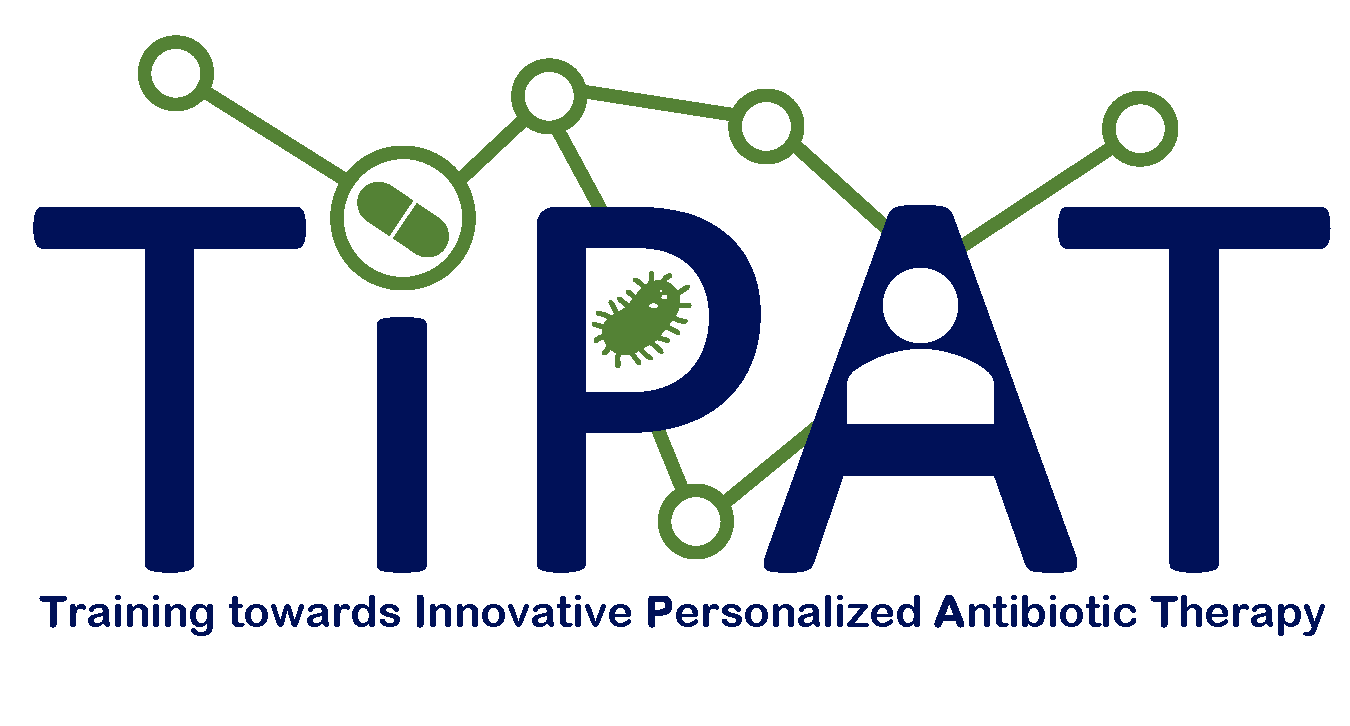From August 31st to September 1st, 2021 the TIPAT summer school was organized in an online format. Despite all the difficulties created by the COVID19 pandemic, we were able to connect. As in the previous winter school, we had lectures, group activities and of course, a time for socializing to get to know our ESR colleagues.
The TIPAT regulatory summer school was organized this time by Paul-Ehrlich Institute (PEI), the federal regulatory agency for vaccines and biomedicines in Germany. This time, we immersed into the regulatory aspects of the development of medicines, in particular vaccines and biologics in the European Union (EU). The PEI has many duties, the regulatory, consisting of approval of clinical trials, licensure of medicines and IVD, the governmental batch release, and research in the fields of infectious disease and cell and gene therapies. It is also the place where I carry out my PhD project.
The summer school provided an overview of different regulatory aspects relevant for the development of biomedicines, with lectures encompassing the regulatory guidelines and procedures leading to approval of marketing authorisations for medicines in the EU.
Of course, a central aspect was the development and licensure of vaccines. For the past years, we were all in midst of the discussion about vaccine safety and efficacy, many times without realizing the huge work and expertise that were needed at the regulatory level and that had to be done before (and also after) the needles were stuck into our arms. I will try my best to summarize my key take-aways from these 3 days :
On the first day, we learned about the role of scientific advice in helping drug developers tackle regulatory aspects early on. We further learned about the concept of risk and benefit in the approval of a medicinal product, and how it is not always easy to assess, and how the assessment can change depending on the data, the indication and the context of application of the product.
On the second day, we learned about the European pharmacopeia, which provides the pharmaceutical guidelines and standards for manufacturing, quality testing, storage, and dispensing of medicinal products. The guidance also lays the foundation for the official batch release testing of biomedicinal products required before being placed on the market.
Following the life cycle of a medicinal product, the last day was dedicated to marketing authorization and post-authorization requirements. The talks covered the existing types of procedures at national and EU (centralized) levels, as well the important role of harmonized procedures that enable the free movement of goods within the European Economic Area. We were also introduced to the need for reporting of adverse effects, the need for referrals, renewals, and variations, ensuring the information and oversight of the national competent agencies in regards to the product specifications, manufacturing, clinical trial data, etc.
Finally, we heard about controlled human challenge studies that are usually based on well-established controlled human infection models (CHIM). These studies can be important for the development of vaccines. The CHIM allows to generate data leading to a better understanding of the pathogenesis of an infection and the development of the immune response in humans. This challenging topic created a nice space for discussion about ethical considerations, safety, as well the regulatory challenges implicated in these studies.
Overall, the TIPAT Regulatory summer school opened my eyes to a new career perspective and what I consider to be a very honorable way to make use of and return knowledge to society. As a person who comes from South America, I was particularly interested to hear about the EU-M4all (article 58 procedure). This procedure allows the European Medicines Agency (EMA) to provide a scientific opinion to the World Health Organization (WHO) on product developments relevant to global public health intended to be used outside of the European market. It has, for instance, been used for vaccines and therapeutic options against Malaria and Dengue, .
Altogether, the TIPAT regulatory summer school provided us with insight on the work and the roles of regulators who support the development of (bio-)medicines, and work in multidisciplinary teams composed of pharmacists, physicians, statisticians, and life scientists to assess the broad aspects needed to fully understand the benefits and risks of the new product.
Natália Tassi , ESR
